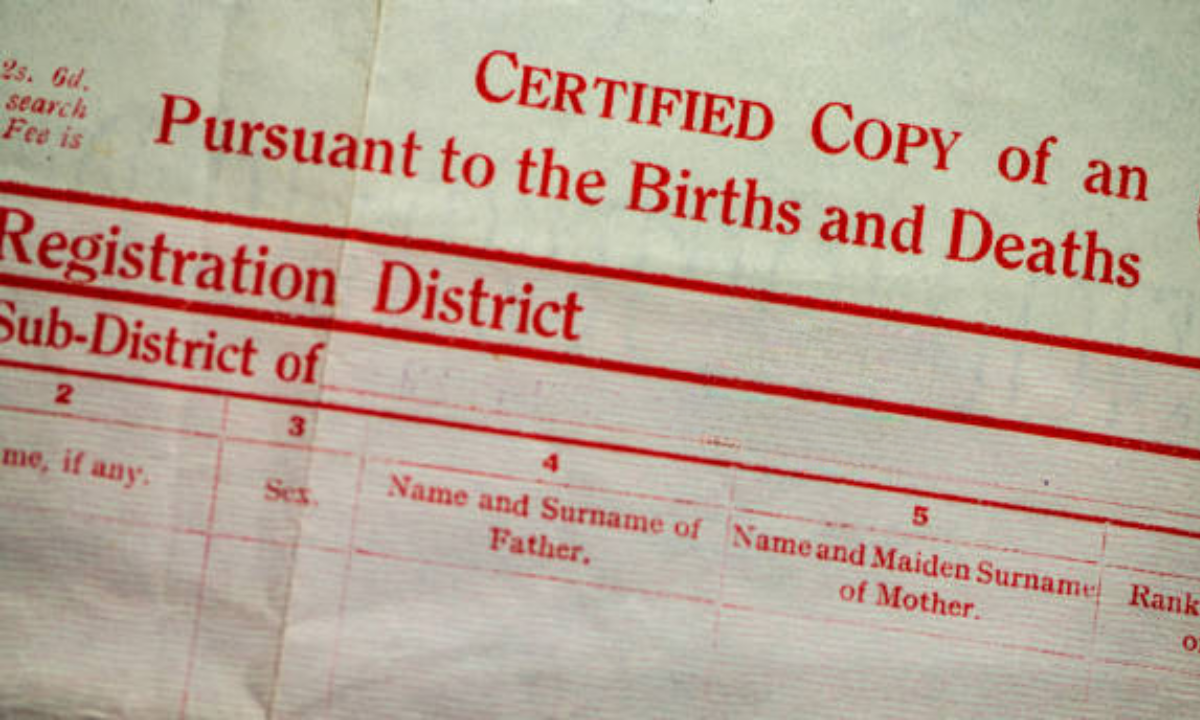Repatriation services are among the most sensitive yet essential needs for families living abroad. When an unfortunate death occurs far from home, loved ones often wish to bring the departed back to their homeland for the final rites. This is where professional support becomes crucial, as the repatriation process involves multiple steps, formalities, and coordination across countries.
At Kaashimukthi, we have assisted many NRI families during these deeply emotional times. We understand that families often feel confused about paperwork, legal procedures, and how the journey will be managed with dignity. In this blog, we will address the most common questions NRIs ask about repatriation, explaining the documents required, the role of a death certificate, procedures for dead body transport service, and how repatriation services in India support families with compassion and care.
Why Repatriation Matters for NRIs
For many families, home is where the final rites must take place. Cultural traditions, family beliefs, and the presence of relatives in India are strong reasons why NRIs often choose repatriation. Beyond the emotional aspect, having the departed close to home allows families to carry out religious ceremonies properly and provides comfort to the grieving relatives.
The challenge is that the repatriation process can be overwhelming. It involves consulates, local authorities, airlines, and mortuary services. Without professional help, families may struggle to manage all these steps at a time when they are emotionally drained. That is why trusted repatriation services exist, to take care of the formalities while families focus on prayers and remembrance.
Understanding the Repatriation Process
The repatriation process includes several coordinated steps, starting from the place of death abroad and ending with the arrival of the mortal remains in India. Each step must be handled carefully to ensure dignity and compliance with international regulations.
Here’s an overview of the typical process:
| Step | What It Involves |
|---|---|
| Issue of the death certificate | Obtained from the local authorities, such as the civil registry office of the place where the death occurred |
| Legal clearances | Clearances from local authorities, police (if required), and the consulate |
| Embalming & preparation | The body is preserved according to international standards for safe travel |
| Airline approval | Arranging a cargo booking for the coffin through an airline |
| Coordination in India | Receiving the remains at the airport, and arranging dead body transportation in India to the hometown or cremation ground |
As you can see, every step requires attention to detail, proper documentation, and coordination across borders.
The Role of a Death Certificate

One of the most important documents in this journey is the death certificate. It serves as the official record of death and is required by both the local authorities abroad and the Indian authorities upon arrival.
Families often ask if the local certificate is enough. The answer is that in many cases, it must be translated (if not in English), attested, and sometimes endorsed by the Indian embassy or consulate. Without this document, airlines and immigration authorities cannot allow the transportation of mortal remains. Having a professional repatriation service in India ensures that these legal formalities are completed without delays.
Why Families Need a Dead Body Transport Service
Arranging a dead body transport service is not just about moving a coffin from one place to another. It requires specialized vehicles, trained staff, and adherence to health and safety protocols.
Once the body arrives in India, professional services ensure dead body transportation in India from the airport to the hometown, cremation ground, or burial site. This step is extremely important because families are often emotionally exhausted and unable to manage logistics on their own. A professional team ensures the journey remains dignified and respectful until the very end.
Common Questions NRIs Ask About Repatriation
Let us now look at some of the most common questions we receive from NRIs and their families.
1. How long does the repatriation process usually take?
The time required for repatriation depends on several factors, such as the country where the death occurred, completion of paperwork, and airline schedules. While some cases are processed smoothly, others may require more time if police verification or embassy clearance is needed. Having experienced professionals speeds up the process and reduces delays.
2. What documents are required apart from the death certificate?
Along with the death certificate, families usually need a no-objection certificate from local authorities, an embalming certificate, a coffin certificate, and consular clearance from the Indian embassy. Airlines also require specific documents before allowing transportation. A professional repatriation team ensures all these are collected and submitted correctly.
3. Can families still perform last rites abroad before repatriation?
Yes, in many cases, families perform prayers and rituals before the body is repatriated. However, the final rites, such as cremation or burial, are usually conducted in India after arrival. This way, families can respect both immediate cultural needs and the wish to have the final farewell in the homeland.
4. How is the body preserved for safe travel?
The body is embalmed by professionals using standard procedures that ensure preservation during the journey. This is a mandatory step before international transport. The embalmed body is placed in a sealed coffin that complies with airline regulations. This process ensures both dignity and safety during travel.
5. What happens once the body reaches India?
When the body arrives in India, a local team receives it at the airport. The hearse van services ensure the respectful and efficient transportation of the deceased from the airport to the family’s chosen burial site or cremation ground. This final stage is handled smoothly by local professionals, allowing the family to avoid additional stress.
Tips for NRIs Planning Repatriation
- Stay informed about documents – Keep a checklist handy that includes a death certificate, embassy clearance, and embalming certificate.
- Contact professionals early – Reaching out to trusted repatriation providers immediately helps avoid confusion and delays.
- Involve family members – Discuss the process openly so everyone understands what to expect.
- Respect both cultures – Conduct immediate prayers abroad if possible, while saving the final rites for India.
- Keep emergency contacts – Always have the details of repatriation services in India to call in case of need.
FAQs on Repatriation
1. Do airlines allow repatriation on all flights?
Not all flights are equipped to carry mortal remains. Airlines must be informed in advance, and bookings are usually made through cargo services. Professional teams coordinate directly with airlines to secure approvals.
2. Is embalming always required?
Yes, embalming is mandatory for international transportation. It preserves the body for safe travel and is part of airline and health regulations.
3. Can ashes be transported if cremation is done abroad?
Yes, transporting ashes is usually simpler compared to transporting the body. It requires fewer documents, but consulate permissions may still be necessary.
4. How do repatriation services in India support families?
They coordinate with airlines, embassies, and local authorities, arrange mortuary services, and handle dead body transportation in India. This ensures the process remains smooth, respectful, and stress-free for families.
5. Can families travel on the same flight as the body?
In many cases, yes. Families can book passenger tickets on the same flight, which allows them to accompany their loved one back home. This depends on airline policies and availability.
Final Thoughts
Repatriation is one of the most delicate services, requiring not just paperwork and logistics but also compassion and dignity. For NRIs, the wish to bring loved ones back home is deeply emotional, and having professional support ensures the journey is handled with care. With the help of organized repatriation services in India, families can focus on prayers and rituals while leaving the complex formalities to experienced hands.
At Kaashimukthi, we believe every family deserves peace of mind during such times, and our role is to make sure every step of the journey is managed with respect, dignity, and care.

